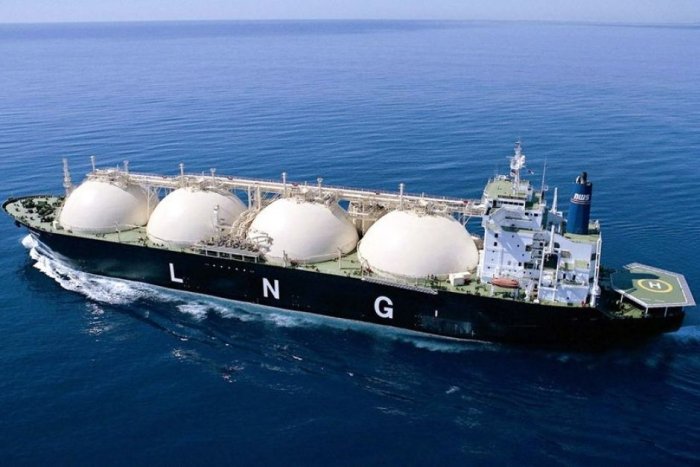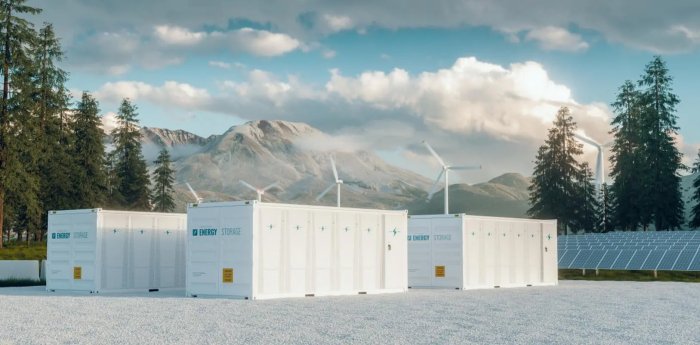
As the Israel-Palestine conflict continues, how does the International Energy Agency assess the direction of the oil market?
With the ongoing Israel-Palestine conflict, geopolitical risks are escalating, and investors are closely monitoring the potential risks of oil supply disruptions in the Middle East.
According to Xinhua News Agency, the recent round of conflict between Israel and Palestine has resulted in approximately 2,200 casualties on both sides, with over 8,000 people injured.
The International Energy Agency (IEA) stated in its latest monthly oil market report on Thursday that, while the Israel-Palestine conflict has not directly impacted crude oil supply, energy market participants are still on edge as the crisis unfolds. The IEA stated, "The conflict in the Middle East is rife with uncertainty, and the situation is evolving rapidly." The IEA also revised down its forecast for global oil demand growth in 2024.
What's next for international oil prices? "If global economic growth remains sluggish, the outlook for oil demand becomes even less optimistic, compounded by geopolitical influences, further exerting pressure on international oil prices," said An Guangyong, an expert committee member of the International Mergers and Acquisitions Credit Management Committee, to First Financial Reporter.
IPG China's Chief Economist, Bai Wenxi, told First Financial Reporter, "The future trajectory of international oil prices will be influenced by various factors and needs to be considered comprehensively."
IEA states that the Middle East region accounts for over one-third of global seaborne oil trade, intensifying concerns about the conflict's potential impact on oil supply in the region. The IEA also noted that after the outbreak of the recent Israel-Palestine conflict on October 7, traders factored in a risk premium of $3-4 per barrel, but oil prices have since stabilized.

Overnight, West Texas Intermediate (WTI) crude oil futures, the benchmark for U.S. oil, fell $3.06, or 0.69%, to $82.91 per barrel, while Brent crude futures, the global benchmark, dropped $0.18, or 0.21%, to $86 per barrel.
Furthermore, the IEA downgraded its forecast for global oil demand growth in 2024, citing weak global economic growth prospects and advances in energy efficiency that will weigh on oil consumption. The organization lowered its 2024 global oil demand growth forecast from the previous 1 million barrels per day to 880,000 barrels per day. However, at the same time, it raised its 2023 global oil demand growth forecast from the previous 2.2 million barrels per day to 2.3 million barrels per day.
The primary reason for the IEA's upward revision of this year's demand outlook is that oil demand in China, India, and Brazil is still rapidly increasing. However, given the slowing momentum of the global economic rebound after the COVID-19 pandemic, the organization has lowered its demand growth for next year.
The IEA added, "The IEA expects the oil market to remain finely balanced for some time, with a keen focus on the risks facing oil supply in the Middle East." The organization noted "geopolitical risks are escalating" and stated it will continue to closely monitor the oil market and "stand ready to take action when necessary to ensure ample supply."
In the event of a sudden oil supply shortage, the IEA's response measures include urging member countries to release emergency oil reserves and/or implementing demand restraint measures.
Supply Disruption Risks "Oil prices are usually influenced by supply and demand dynamics, and a decrease in global oil demand may lead to an oversupply situation in the market. If there is an oversupply, oil prices may fall. Particularly in an oversupply scenario, if global economic growth is weak, the outlook for oil demand becomes even less optimistic, exerting further downward pressure on international oil prices," An Guangyong also mentioned that international oil prices are influenced by other factors such as international political instability, geopolitical tensions, production cut agreements, and more. While the IEA has lowered its forecast for global oil demand growth, these other factors may to some extent offset the impact of this downgrade and influence the final oil price trend.
Under the influence of Saudi Arabia and Russia's decision to extend production cuts until the end of the year, Brent crude prices reached a 10-month high in September. However, Brent crude prices fell more than 11% last week, mainly due to concerns about slowing global economic prospects overshadowing concerns about supply shortages.
The IEA stated that after Saudi Arabia and Russia jointly cut production, the rise in oil prices has reignited concerns about inflation, which could lead to further tightening of monetary policy or maintaining interest rates at higher levels for an extended period. Such measures could potentially push the fragile global economy towards stagflation.

The IEA also mentioned that the primary reason currently causing the oil market to be in a state of supply shortage is the production cut measures of the Organization of the Petroleum Exporting Countries and its allies (OPEC+). If these measures are lifted, oil supply may turn to oversupply in January next year, which will help replenish depleted inventories to some extent but also pose a risk to oil prices.
"Due to the reduced forecast for oil demand growth, the pressure of oversupply is likely to increase, leading to a decrease in international oil prices," said Bai Wenxi. "Geopolitical tensions may lead to supply disruptions, impacting oil prices by pushing them higher.

Powering Progress: OWELL Industries Leading the Way in Sustainable Energy Solutions
In a world marked by uncertainty due to geopolitical factors and volatile oil markets, OWELL Industries stands out as a beacon of innovation and reliability in the power solutions industry. As a dedicated R&D enterprise, we are committed to shaping the future of energy with a focus on sustainability and energy transition.
Our Comprehensive Approach
At OWELL Industries, we offer a diverse range of power solutions that not only ensure your power safety but also contribute to a greener and more sustainable future.
Conventional Fuel Generator Sets: Our conventional fuel generator sets are designed to provide reliable power in any situation, offering peace of mind during times of geopolitical instability and fluctuating oil markets.

Quick Link:
OWELL Baudouin series 400kW-1100kW diesel generator set
OWELL WEICHAI SERIES diesel generator set
Solar and Wind Power Solutions: Embracing renewable energy is key to reducing your carbon footprint and contributing to a cleaner planet. OWELL Industries delivers state-of-the-art solar and wind power solutions that harness the sun's and wind's energy to provide clean and sustainable power.

Quick Link:
5kW vertical axis wind turbine
10kW horizontal axis wind turbine
In a world where energy needs are met with uncertainty, choose OWELL Industries to not only secure your power but also to be a part of a brighter and more sustainable future. Join us in the journey towards a world powered by renewable energy and innovation.
Visit OWELL Industries today to explore our range of power solutions and make a conscious choice for a cleaner, more secure, and sustainable tomorrow.